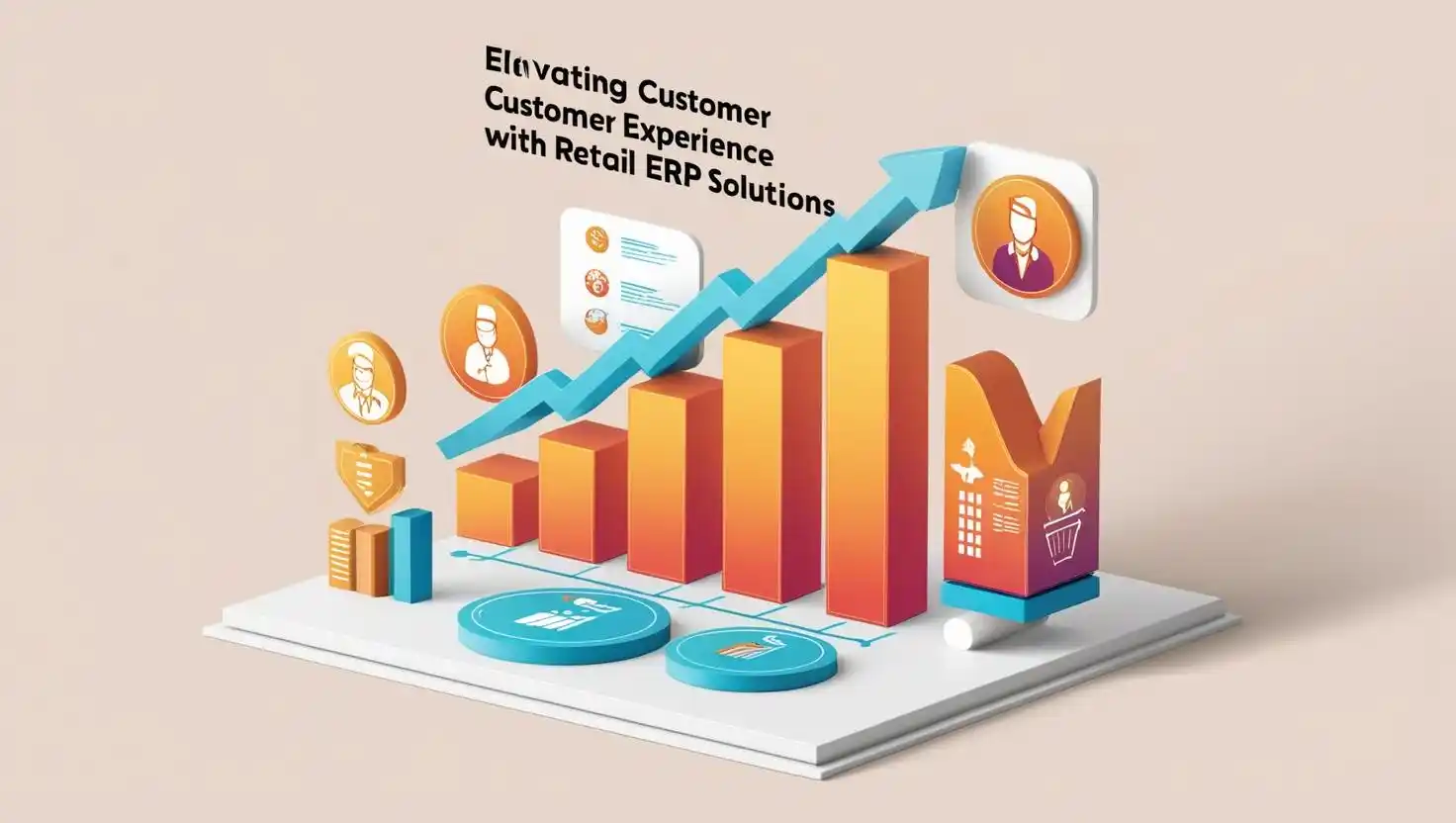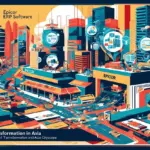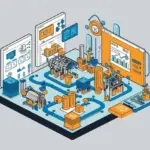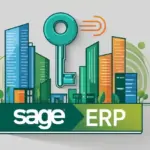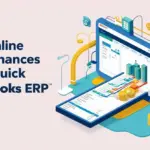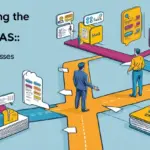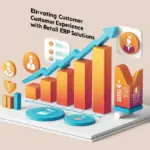In the fast-paced world of retail, staying ahead of the competition requires more than just a great product. Retail ERP software has emerged as a vital tool for businesses looking to streamline operations and enhance customer satisfaction. But what exactly is ERP software, and how does it benefit the retail sector?
What is ERP Software?
Enterprise Resource Planning (ERP) software is a comprehensive suite of applications designed to manage and integrate core business processes. From inventory management to financial reporting, ERP systems provide a unified platform that facilitates data sharing and collaboration across various departments. In retail, this integration is crucial for maintaining efficiency and meeting customer demands.
The Significance of ERP in Retail
Enhancing Operational Efficiency
Retailers face numerous challenges, including fluctuating inventory levels and varying customer preferences. ERP software helps enhance operational efficiency by automating routine tasks, reducing manual errors, and ensuring that all departments are aligned. This integration is essential for maintaining productivity and meeting market demands.
Improving Customer Experience
In today’s retail landscape, customer experience is paramount. ERP systems enable retailers to provide personalized services by analyzing customer data and preferences. This capability allows businesses to tailor their offerings, ensuring that customers receive the best possible experience.
Key Features of Retail ERP Software
Inventory Management
One of the standout features of retail ERP software is its robust inventory management capabilities. This functionality allows retailers to monitor stock levels in real-time, manage reorders, and optimize inventory turnover. By maintaining accurate inventory records, businesses can reduce waste and ensure that they meet customer demands promptly.
Sales and Order Management
Effective sales and order management is crucial for any retail operation. ERP software streamlines the order fulfillment process, from order placement to delivery. This efficiency not only enhances customer satisfaction but also improves cash flow management.
Financial Management
Managing finances is a critical aspect of running a retail business. ERP systems provide tools for budgeting, forecasting, and financial reporting, enabling retailers to make informed financial decisions. This capability is essential for maintaining profitability and ensuring long-term success.
Customer Relationship Management (CRM)
A strong relationship with customers is vital for retail success. Many ERP systems include CRM features that help retailers track customer interactions, preferences, and purchase history. This information can be leveraged to create targeted marketing campaigns and improve customer loyalty.
Benefits of Implementing Retail ERP Software
Streamlined Processes
By automating processes and providing a centralized platform for data management, retail ERP software significantly improves operational efficiency. Employees can focus on higher-value tasks rather than getting bogged down by administrative duties.
Data-Driven Decision Making
With access to real-time data and analytics, decision-makers can make informed choices that drive business growth. ERP systems provide insights that help identify trends, forecast demand, and allocate resources effectively.
Cost Savings
While the initial investment in ERP software may seem daunting, the long-term cost savings are substantial. By optimizing processes and reducing waste, retailers can achieve a quicker return on investment.
Challenges in Implementing Retail ERP Software
Integration with Existing Systems
One of the primary challenges of implementing ERP software is ensuring that it integrates seamlessly with existing systems. Retailers must carefully evaluate their current technology stack to avoid disruptions during the transition.
Employee Training and Adaptation
Transitioning to a new ERP system can be met with resistance from employees accustomed to existing processes. Effective training and change management strategies are essential to ensure a smooth transition and foster acceptance among staff.
Choosing the Right Retail ERP Software
Identifying Business Needs
When selecting an ERP system, it is crucial to assess the specific needs of the business. Different software solutions offer varying features, and understanding what is necessary for your organization will guide the selection process.
Evaluating Vendor Options
The reputation of the ERP vendor is another critical factor. Companies should research potential vendors, looking for reviews and case studies that demonstrate their reliability and effectiveness in the retail sector.
Future Trends in Retail ERP Software
Cloud-Based Solutions
The shift towards cloud-based ERP solutions is becoming increasingly prevalent. Cloud technology offers flexibility, scalability, and cost-effectiveness, making it an attractive option for retailers looking to modernize their operations.
Integration with E-commerce Platforms
As e-commerce continues to grow, the integration of ERP systems with online retail platforms is essential. This capability allows retailers to manage both in-store and online operations seamlessly, providing a unified customer experience.
Conclusion
In conclusion, retail ERP software is an indispensable tool for retailers striving for operational excellence. By streamlining processes, enhancing customer experiences, and providing valuable insights, ERP systems empower organizations to navigate the complexities of the retail industry effectively. As technology continues to evolve, embracing these solutions will be crucial for staying competitive in the ever-changing retail landscape.
